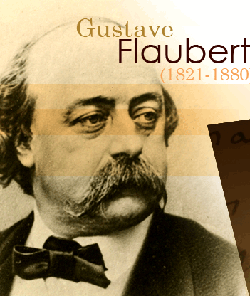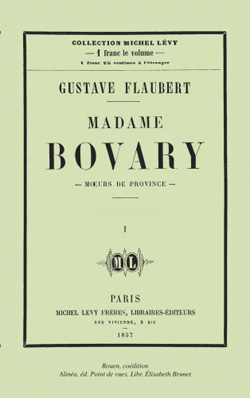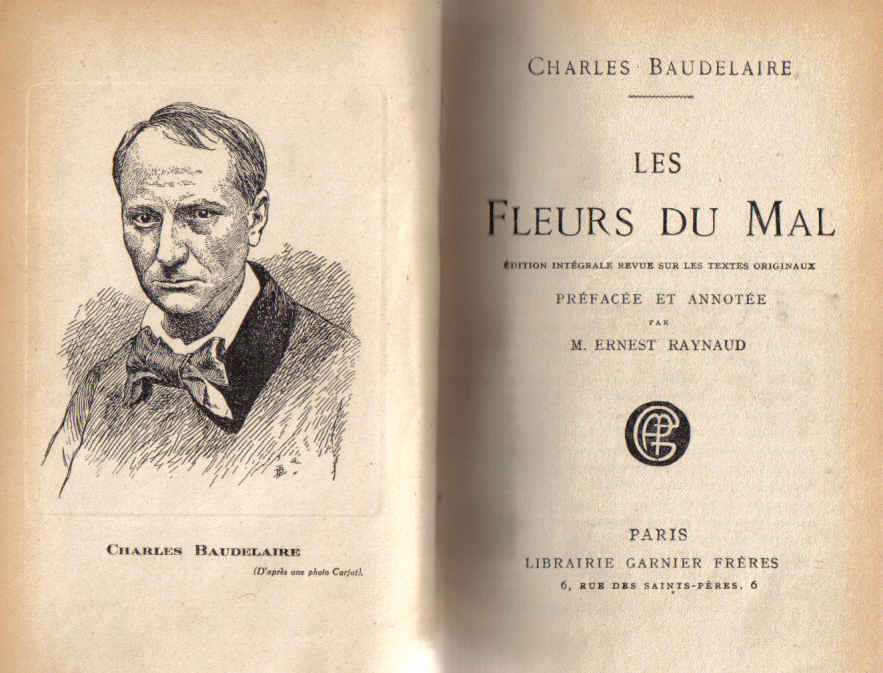Censorship in the 2nd Empire -- A Double Standard
The Second Empire was schizoid when it came
to morals. The truth about the Emperor's sex-life, and that of many members of Society was never known to the people.
There was no tabloid press in nineteenth-century France. The
Emperor, his wife and their son often used to pose in
pseudo middle-class domestic bliss for official photographs; the
reality, however, was very different. Louis was not alone. For many
people in authority, adultery was a of life, but the Church and the
bourgeoisie remained grimly and puritanical.
that of many members of Society was never known to the people.
There was no tabloid press in nineteenth-century France. The
Emperor, his wife and their son often used to pose in
pseudo middle-class domestic bliss for official photographs; the
reality, however, was very different. Louis was not alone. For many
people in authority, adultery was a of life, but the Church and the
bourgeoisie remained grimly and puritanical.
It was because of this that, in January 1857,
an ambitious state prosecutor named Pierre Ernest Pinard charged
Gustave Flaubert and his publishers with 'outrage to public morality' in
Madame Bovary. Nowadays this story of a provincial adulterous
life and eventual suicide is considered one of the finest in
nineteenth-century French literature but its serialisation in a popular
magazine, La Revue de Hans, had sparked public outrage, from
the provincial middle classes scandalised by the book's sub-title:
'Provincial Morals'. The judges acquitted the defendants but not
without commenting that the novel 'deserved severe censure'.
 One
wonders what Louis [Napoleon III] thought of the affair.
The best indication is that some years later he invited Flaubert to [his
palace at] Compiègne and made him
Chevalier of the Legion of Honour.
One
wonders what Louis [Napoleon III] thought of the affair.
The best indication is that some years later he invited Flaubert to [his
palace at] Compiègne and made him
Chevalier of the Legion of Honour.
The zealous Pinard was not deterred by his defeat. A few months later he returned to the attack on 'obscenity' with a prosecution against arguably the greatest French poet of the century, Baudelaire, for his volume of poetry, Les Fleurs du Mal (The Flowers of Evil). Pinard alleged that six of the poems, which sang of the 'joyous flesh' of women's bodies and described love-making and women's beauty in considerable, if overtly poetic, detail, 'outraged public decency'. This time the defendant was convicted and the six poems were expurgated from his book; almost unbelievably, they were not restored until 1949. Baudelaire was also fined 300 francs (the equivalent of about £600 today, quite a lot for a penniless poet), but he wrote to Eugenie asking her to intercede on his behalf with the Minister of Justice because the amount of the fine 'exceeded the proverbial poverty of poets'. Despite her deep Catholocism, she showed that, like her husband, she was no prude and at her request the fine was reduced to 50 francs.
